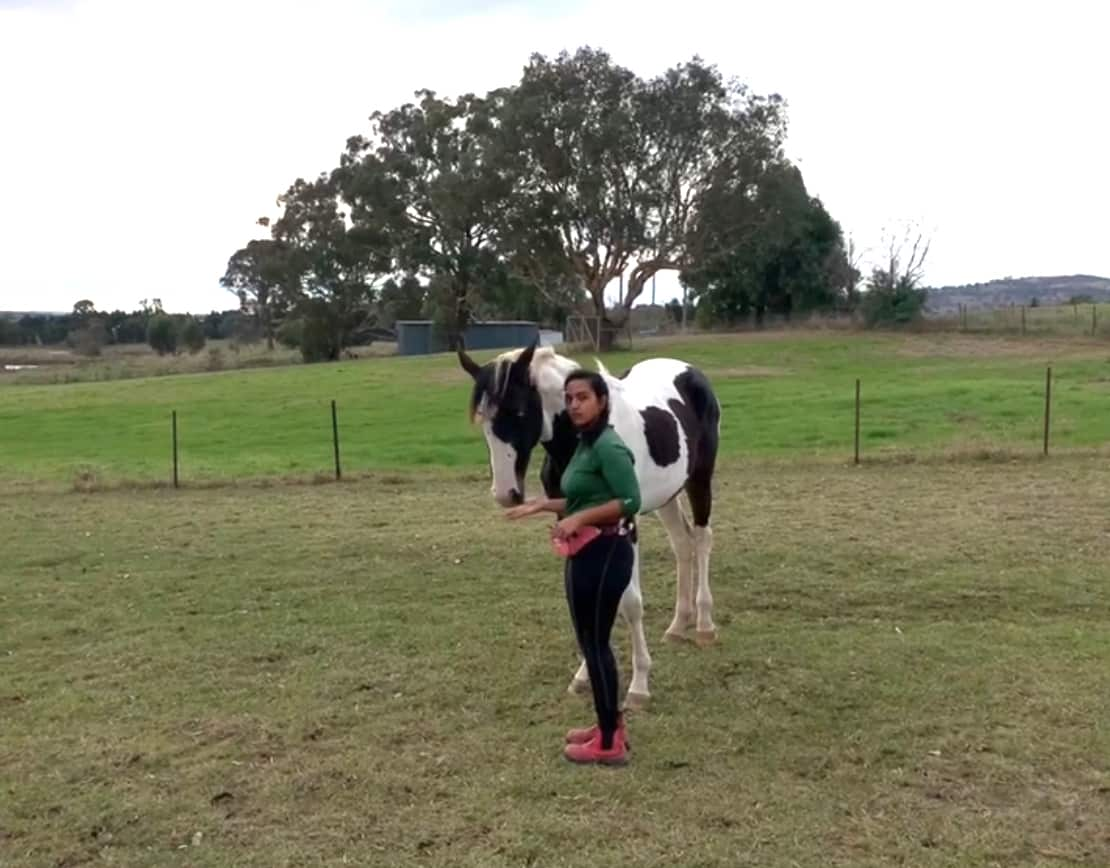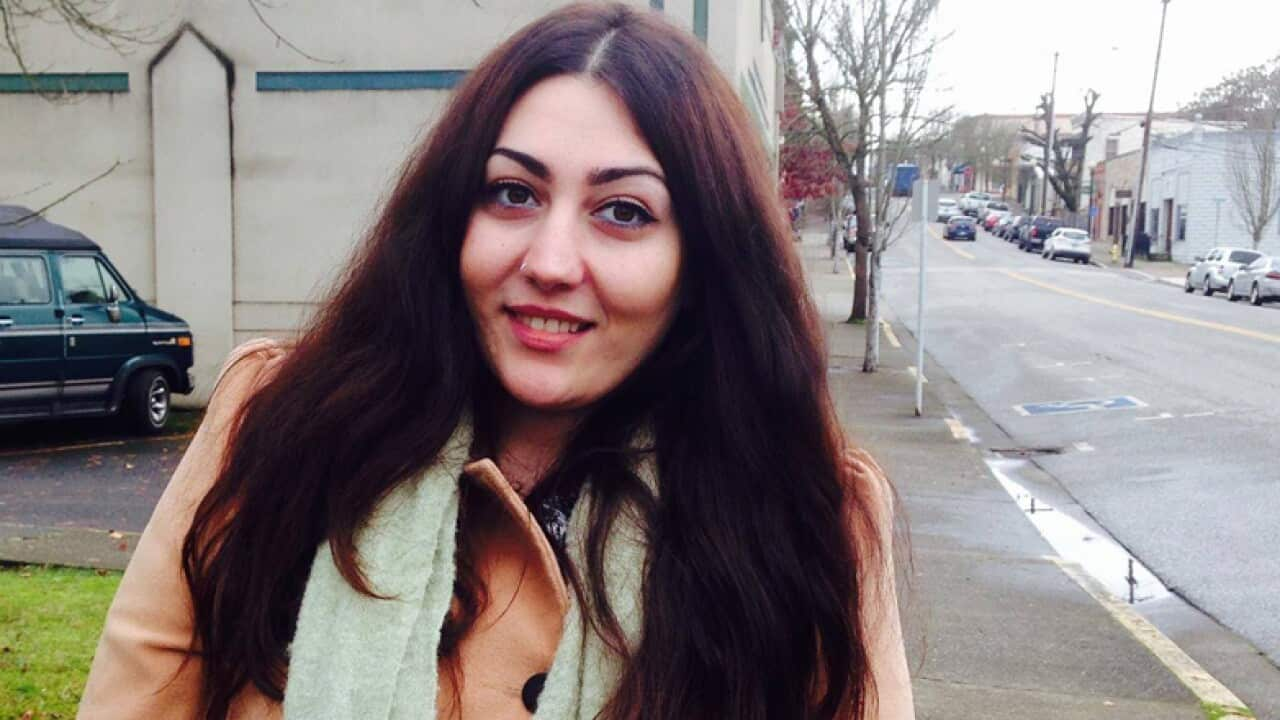I started riding at 10, after falling in love with horses via The Saddle Club. Money was tight, but my parents agreed to lessons. I can still remember my heart racing when we pulled into the riding centre that first time.
For the next eight years, I rode weekly. I loved everything to do with horses, and would meticulously read library books about them, carefully care for my riding boots and helmet, and anticipate the weekend when I could see my favourite ponies again.
I even worked as an (unpaid) “junior staff” at the equestrian centre, like many underage horse-mad kids who would do anything for a half-hour riding time.
But as much as I loved horses and being at the centre, my time there was dogged by bullying.
… it had come to a point where the negative encounters at the riding centre outweighed the positives of being around horses
The equestrian community can be very white, and very privileged. As a young person of colour, I stood out at the riding centre. I was one of the only non-white riders there, and I also went to a public school unlike most of my peers. I couldn’t afford all the nice gear and had no hope of having my own horse. I was often ostracised, had snide remarks made about me, and even the occasional racist remark. It was hard to keep pushing past it.
One day, after another rider once again made a nasty comment about my riding after a lesson, I walked to where Mum was waiting in the car, climbed into the passenger seat, and told her I didn’t want to come back. That weekend, I listed all my gear in the newspaper classifieds, and for the next decade, I didn’t touch or ride a horse.
Looking back, I think it had come to a point where the negative encounters at the riding centre outweighed the positives of being around horses; and as a teenager I wasn’t able to manage it anymore. I never told my parents about what was going on, so they took it as me ‘growing out of a phase’, and left it at that. Skip forward a decade, and at 25 I found myself thinking about horses again.
Skip forward a decade, and at 25 I found myself thinking about horses again.

Zoya Patel with a beloved horse. Source: Supplied
“I think I might try a lesson,” I said to my partner, who really encouraged it.
I booked in at a riding centre I’d never been to before. Driving down the driveway that first day, I suddenly felt anxious. What if they weren’t welcoming? What if it would be the same as before?
Thankfully, it was nothing like before. The staff were friendly, and from the moment I placed my hand on the neck of Mojo, the lovely pony I was riding, I felt like I was back where I belonged.
Since that fateful first time back in the saddle, I have ridden weekly for five years, and now have my own three horses (I sometimes wonder if my partner regrets his initial encouragement, given how quickly it escalated).
I have met women and men who are generous and kind, and we’re connected by our love of these special animals
More importantly, I have a diverse and vibrant community of fellow equestrians, who have become my very best friends, in and out of the saddle. I have met women and men who are generous and kind, and we’re connected by our love of these special animals. In that way, I’ve realised that horses can be an incredible point of connection – I have friends all over the world who I’ve met through horses during travel and stints in other countries, or via social media. Our shared passion transcends differences in language, culture, age and time zones.
So what changed in the 15 years between rides? The truth is, not much has changed at all in terms of the makeup of the horse community – at least not from the outside.
In many ways, it feels as if I’d stumbled upon a riding centre that is inherently more inclusive and welcoming, thanks to the values of the owners and staff at that first riding centre I connected with as an adult. But in other ways, I think having more robust conversations across society about inclusion and diversity has helped drive awareness in community activities like sport, and perhaps that has permeated through to the equestrian world as well.
I am still one of the few people of colour at horse events, but I never feel out of place or excluded anymore – people are more interested in asking about my horses and chatting about theirs than they are about registering any differences between us. In a way, just being there means we have so much more in common than we would with non-horsey people. Only equestrians understand the profound joy, stress, excitement and pain that comes with loving these big, beautiful and surprisingly fragile animals.
Interestingly, despite having a fairly tight-knit equestrian community, I’ve never come across the girls who bullied me again. Perhaps they lost interest and gave up the sport, or maybe they’ve moved to other places.
If I could meet them again, I would ask them if they had any idea that their words and actions prevented me from connecting with the joy I now gain from horses, for well over a decade. I doubt they even remember me, but I’m thankful that my lasting memories of horses will not stop at the point at which I knew them. Now, they’re a small blip on what will undoubtedly be a lifelong journey.
You might also like

Every time I was told to ‘go back to my country’ it only made me stronger



